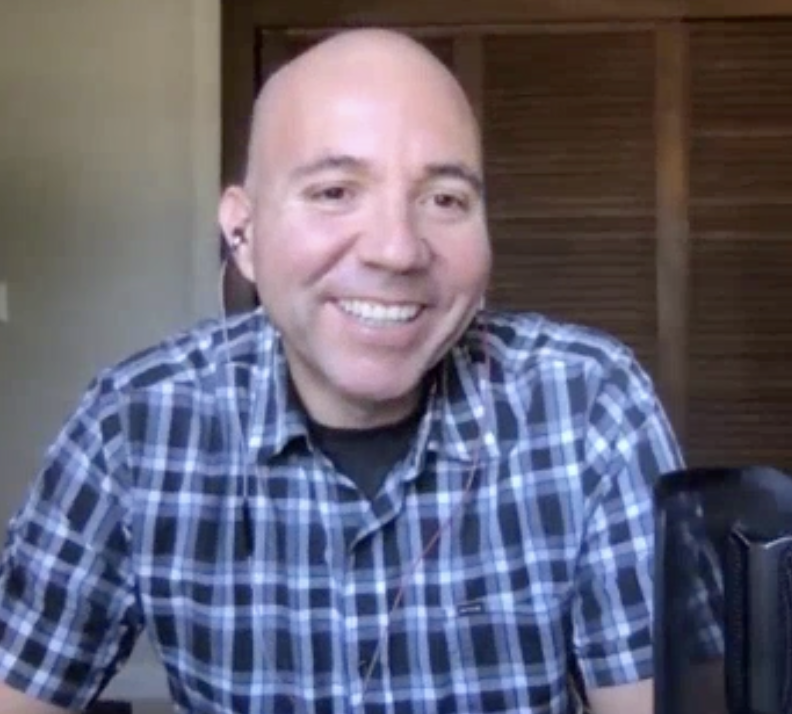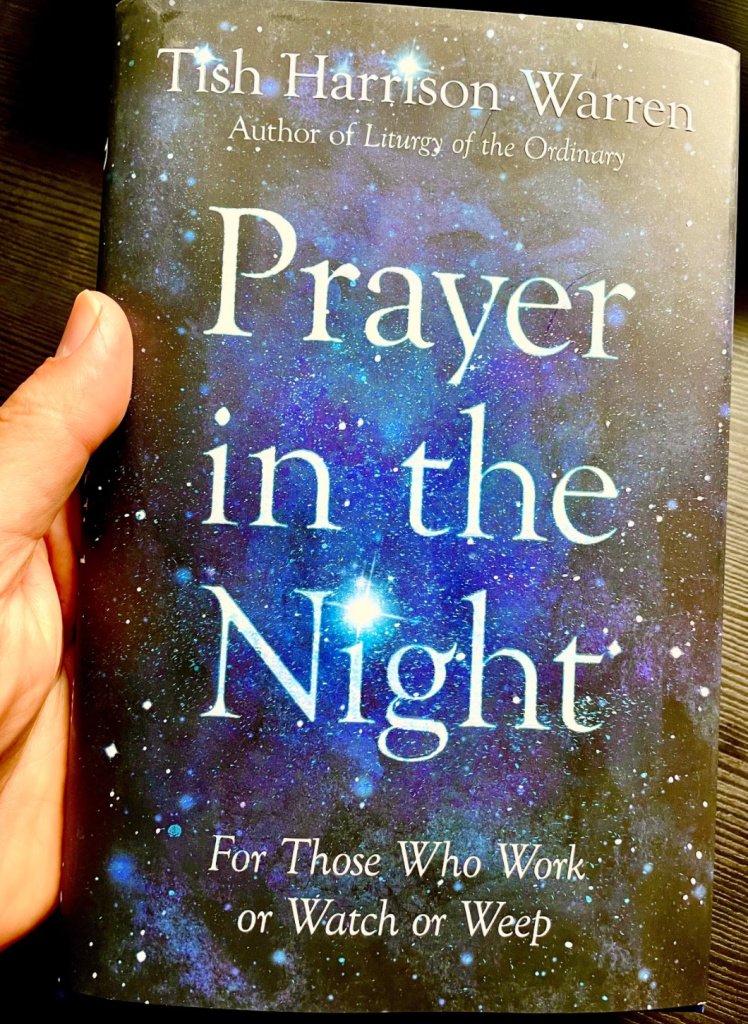 It’s been a tragic and painful year for many of us.
It’s been a tragic and painful year for many of us.
We’re watching a suffering world in the midst of a global pandemic, while also seeing the increased visibility of violence, discrimination and hate towards Black, Indigenous and people of color.
And, most recently, we’ve been witnessing increased violence toward our Asian communities, which has disproportionately hurt Asian women and elders.
It’s a troubling and sad reminder of the many systemic sins in our society, and that we (the Christian church) have a responsibility to be actively involved in the healing process.
As a quick reminder, we discussed ways for Christians to get involved in racial justice and care for our Asian American communities with Dr. Russell Jeung, co-founder of Stop AAPI Hate, in episode 21.
In the midst of all the pain and tragedy around us, it can be very difficult to pray.
Sadly, it’s much easier for me to get angry and resentful, rather than moved to silence before God. It’s a sinful struggle for me, which results in prolonging my own pain and sadness.
So how do we pray when in pain?
Well, I have found much-needed spiritual insights on how to pray during dark and difficult seasons from the writings of Reverend Tish Harrison Warren.
Reverend Warren is the author of the book entitled “Prayer in the Night: For Those Who Work or Watch or Weep” — and she addresses ways to pray when we’re grieving, lamenting or angry at God.
It’s a helpful and honest book on ways to navigate our darkest seasons. Those times when we doubt. Those times when we feel uncared for by God. Those times when we’re angry, overwhelmed with grief, and possibly even feeling hopeless.
Tish Harrison Warren teaches us how to pray through sharing her personal stories of deep pain and traumatic experiences. She honestly discusses her personal feelings during these periods, along with the struggle of needing to be a priest, comforter and spiritual director for others. This book is an inside look at how a spiritual leader copes with pain and trauma, and filled with practical insights to help guide us during our own dark seasons.
Read More…
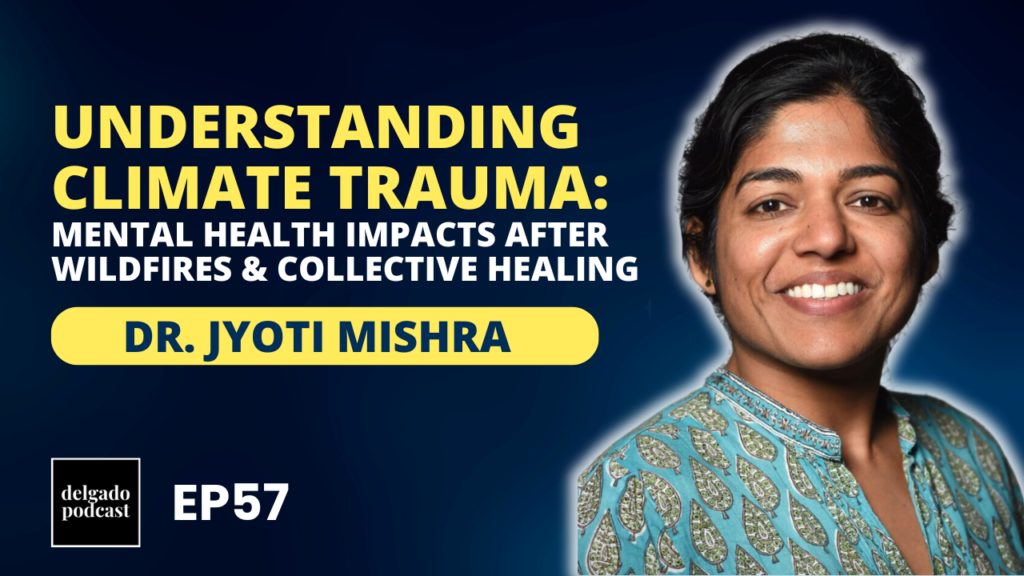
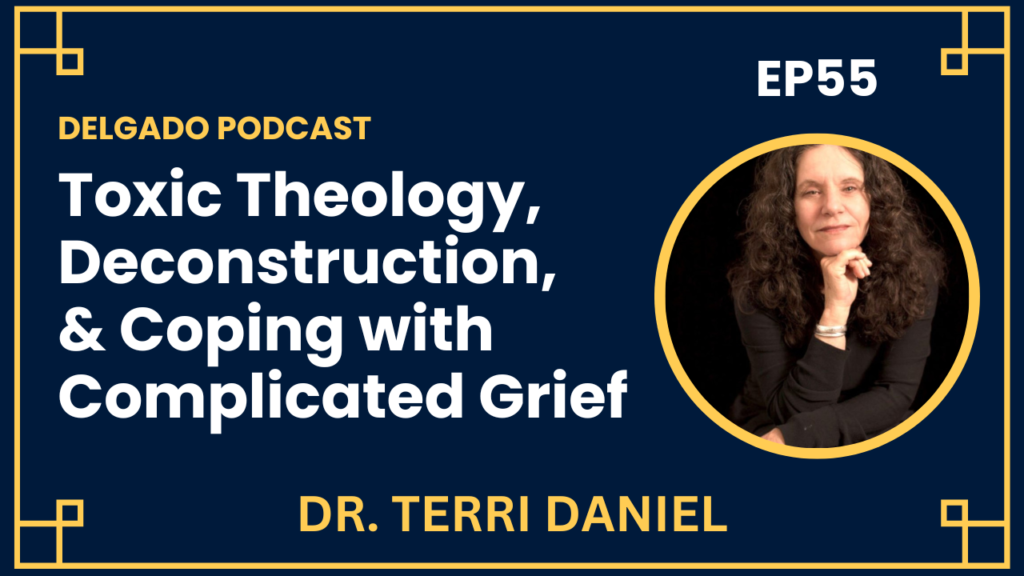
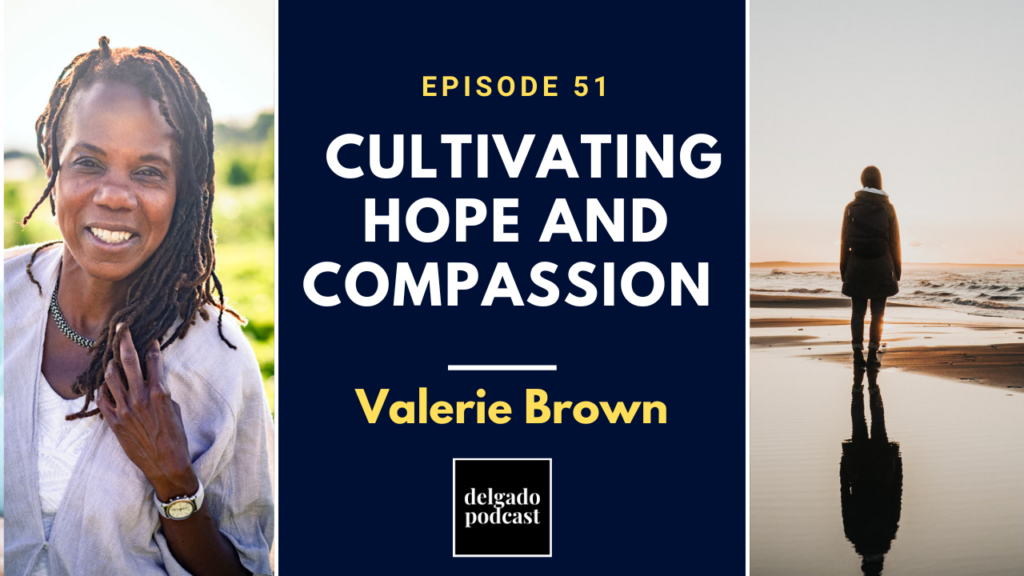
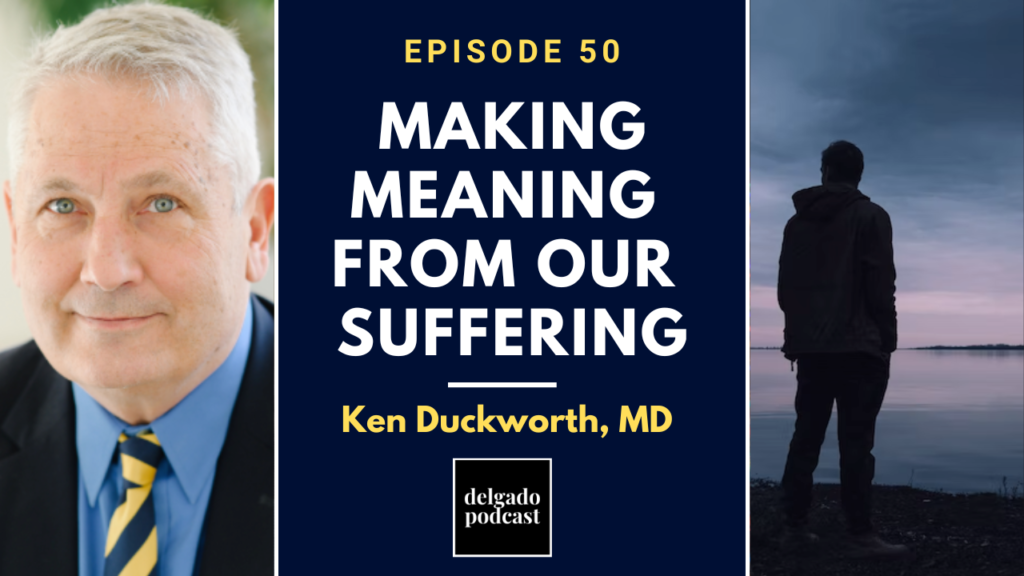
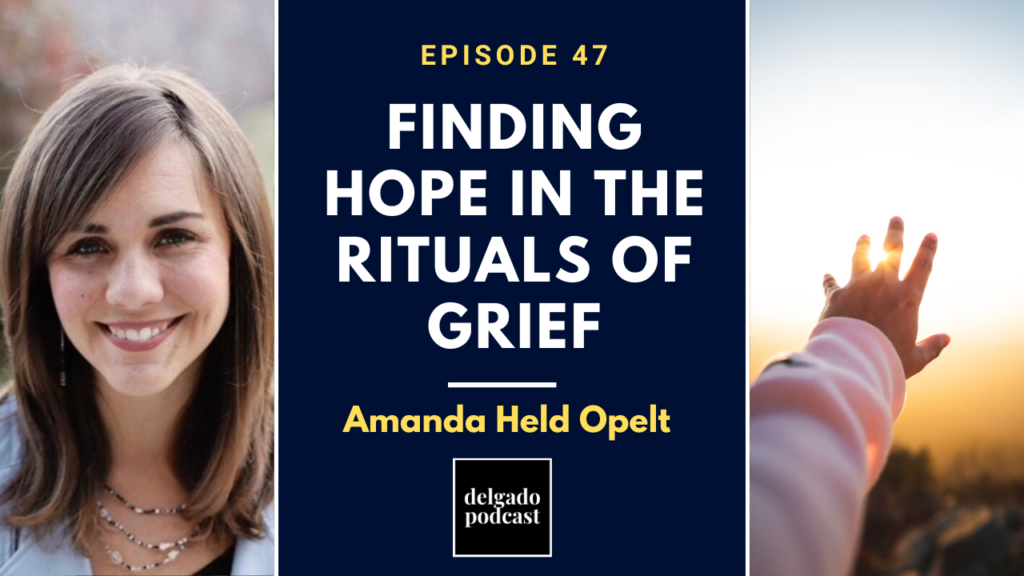
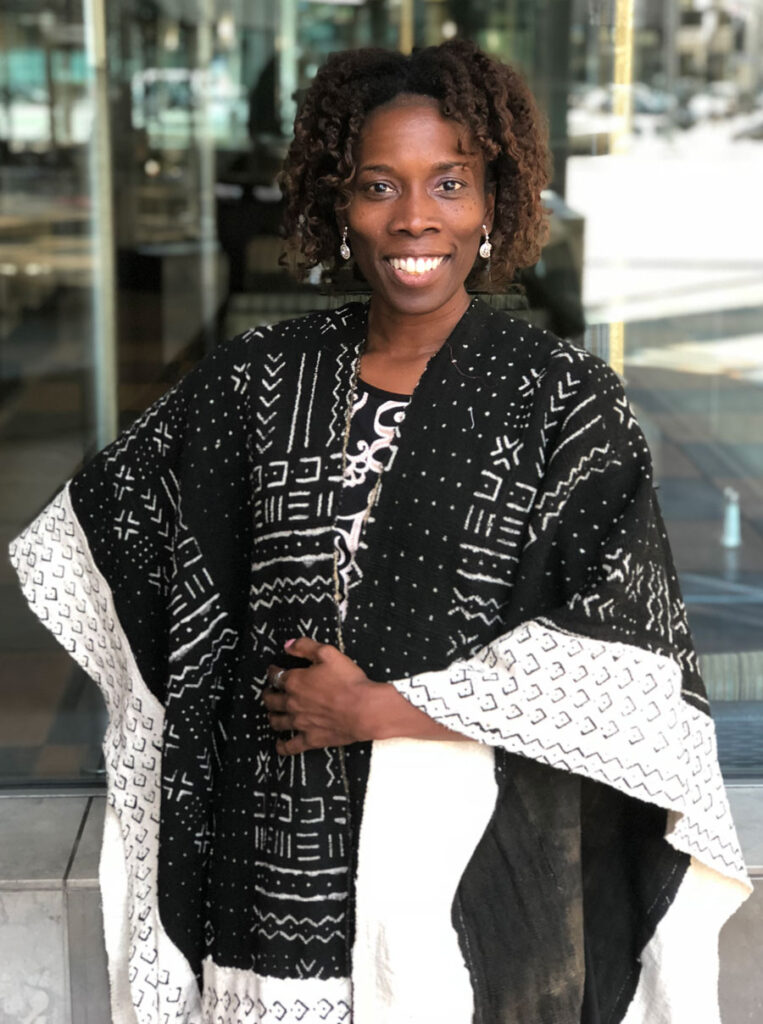 How we understand our Bible can depend on our cultural viewpoints, church traditions, theological background, and personal experiences.
How we understand our Bible can depend on our cultural viewpoints, church traditions, theological background, and personal experiences. It’s been a tragic and painful year for many of us.
It’s been a tragic and painful year for many of us.
